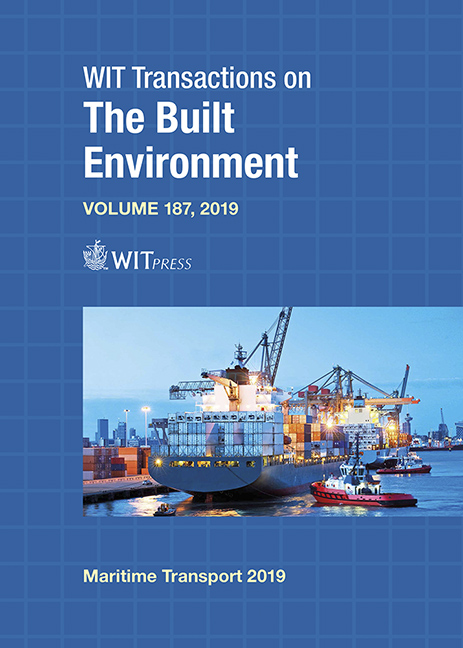ADVANTAGES OF PRE-CLEARANCE PROCEDURES IN MARITIME TRANSPORT
Price
Free (open access)
Transaction
Volume
187
Pages
6
Page Range
233 - 238
Published
2019
Size
180 kb
Paper DOI
10.2495/MT190211
Copyright
WIT Press
Author(s)
MAURO BERNACCHI, ALESSANDRO TORELLO
Abstract
During the various stages of importation, economic operators have to bear in mind the impact of possible delays because of customs clearance operations and bureaucratic rules requiring compliance. Analysis of the time necessary to clear goods is a crucial issue for integrated logistics systems, since the current international trade scenario is increasingly based on time-related models (e.g. lead-time analysis, time-based competitive strategy). This paper examines the economic advantages of the application of maritime pre-clearance mechanisms in the European Union. Customs authorities are informed about the customs procedures to apply before vessels arrive at the port of destination. Therefore, thanks to the declaration-at-sea procedures, goods can be cleared at sea before containers are unloaded from sea-going vessels; consequently, the transit time of containers inside ports can be reduced and the handling operations at harbours faster. In addition, pre-clearance operations can be more effective if those economic operators who are involved in the international movement of goods, and who are part of worldwide supply chain mechanisms (e.g. manufacturers, freight forwarders, terminal operators, stevedores, warehouse keepers and clearance agents), have obtained AEO status (Authorised Economic Operator). The AEO status allows economic operators to achieve a list of tangible and concrete benefits in terms of customs procedure simplification and a reduced number of safety-related customs controls. In conclusion, faster release of goods at borders is beneficial for both customs administrations and businesses, enabling customs authorities to process more transactions without delay and traders to improve their level of competitiveness in international markets.
Keywords
AEO, containerized traffic, customs-related operations, e-customs, pre-clearing





